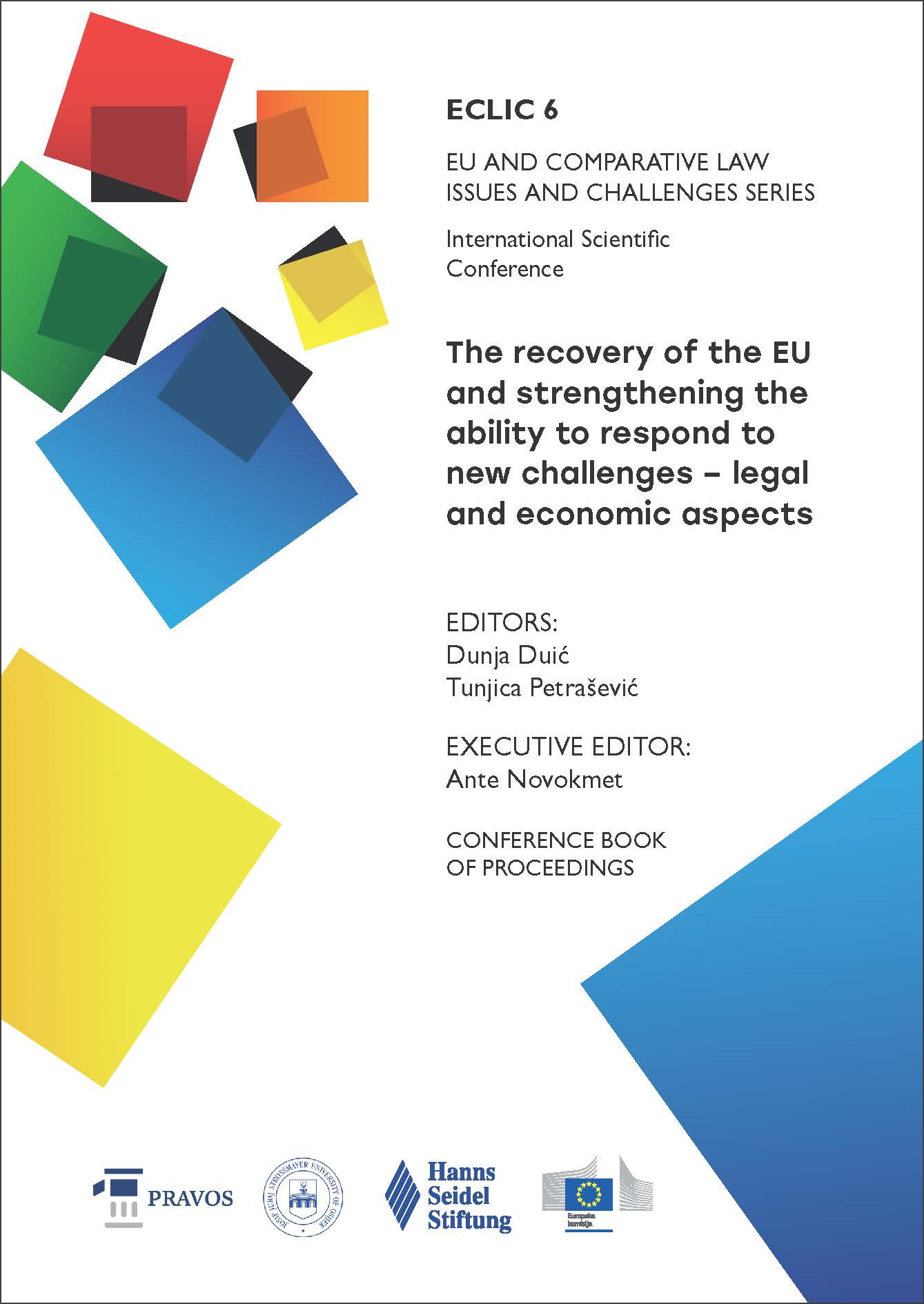THE ‘POLLUTER PAYS’ PRINCIPLE
THE CROATIAN EXPERIENCE
DOI:
https://doi.org/10.25234/eclic/22408Abstract
The ‘polluter pays’ principle (PPP) is one of the four tenets of the European Union’s (EU) environmental policy. Where the PPP is successfully applied, the polluter bears the cost of pollution, including the cost of prevention, control, and removal of pollution, as well as the cost it causes for the society and the respective population. The PPP is to discourage polluters from environmental pollution by holding them liable for the pollution by means of having the polluters, and not the taxpayers, bear the remediation cost. This paper juxtaposes the application of the PPP in the case law of the Court of Justice of the European Union and Croatian jurisprudence. Following an overview of the PPP in EU law, the paper briefly reviews two CJEU cases (Van de Walle and Erika) that concern the question of whether liability for incidental pollution is attachable to both the manufacturer of dangerous material and the polluter. Next, the paper examines the application of the PPP in the Croatian judiciary, where – contrary to the EU environmental policy – the remediation cost being borne by the taxpayers is seemingly the norm (especially where the polluter cannot bear the remediation cost due to insolvency).
Downloads
Published
How to Cite
Issue
Section
License
Copyright (c) 2022 Tunjica Petrašević, Paula Poretti

This work is licensed under a Creative Commons Attribution-NonCommercial 4.0 International License.
Authors retain the copyright on the papers published in the Journal, but grant the right of first publication to the Journal. Papers accepted for publication or already published in ECLIC of the Faculty of Law in Osijek may be published by the author(s) in other publications only with proper notice of its previous publication in ECLIC.


